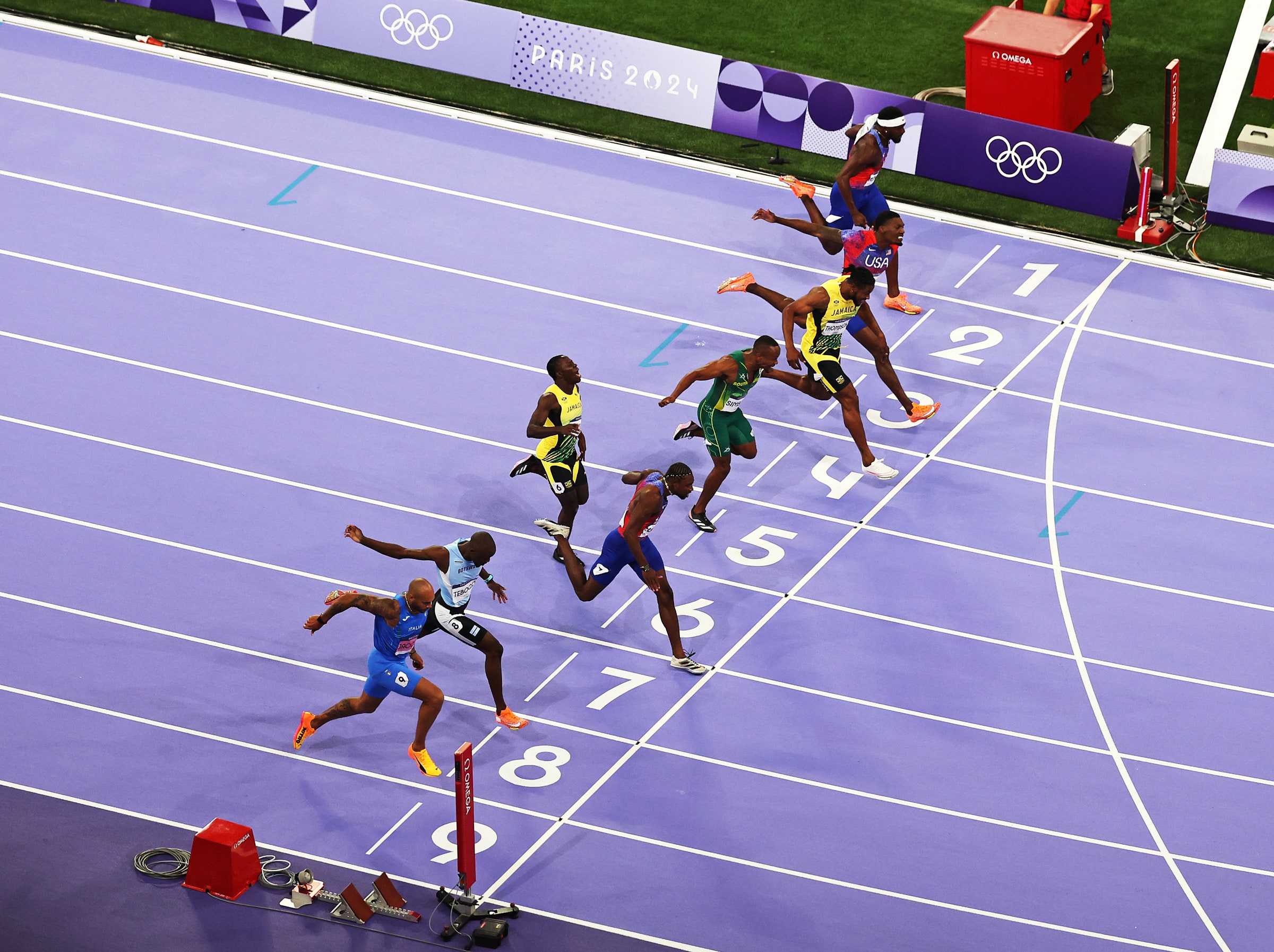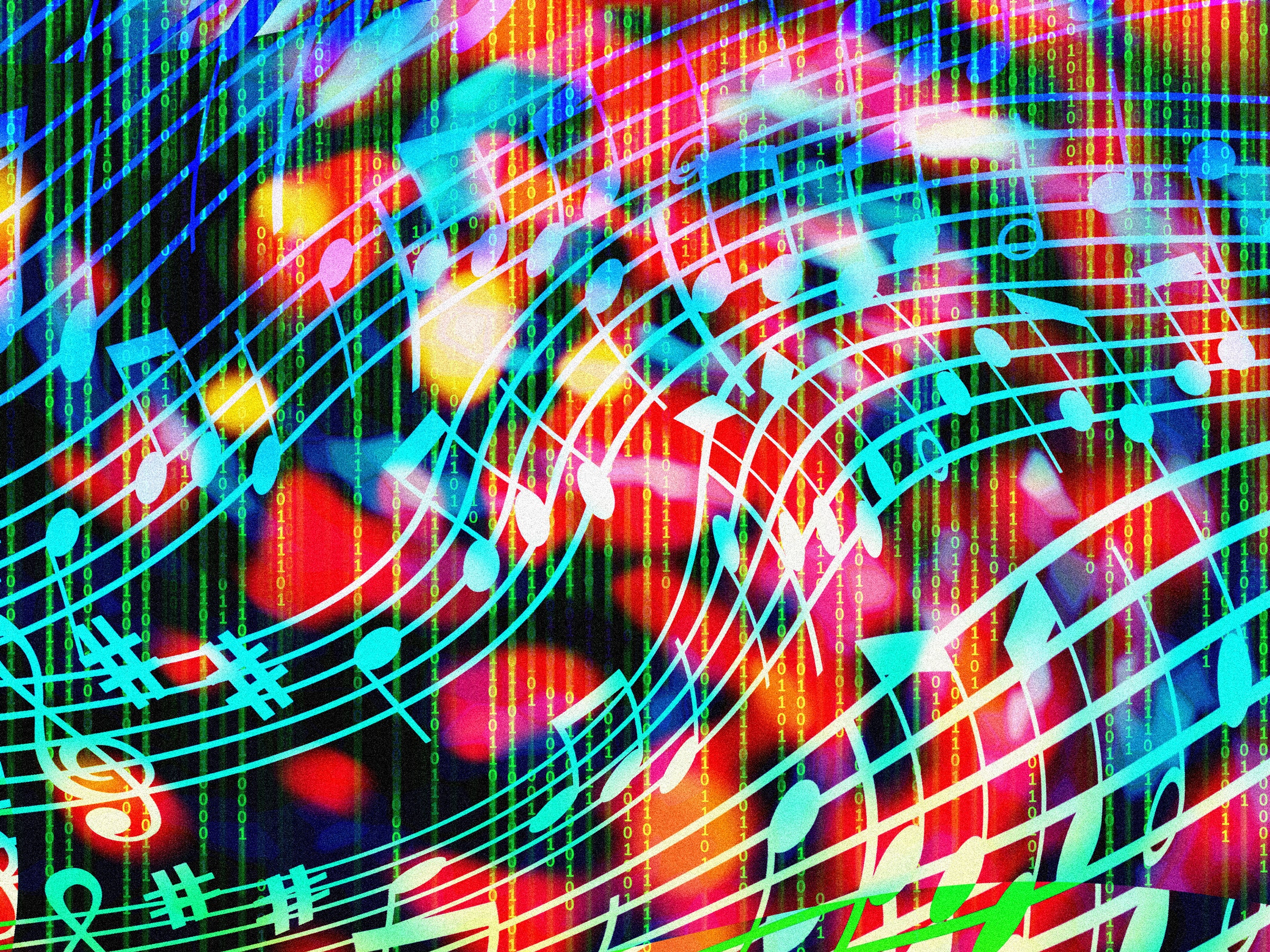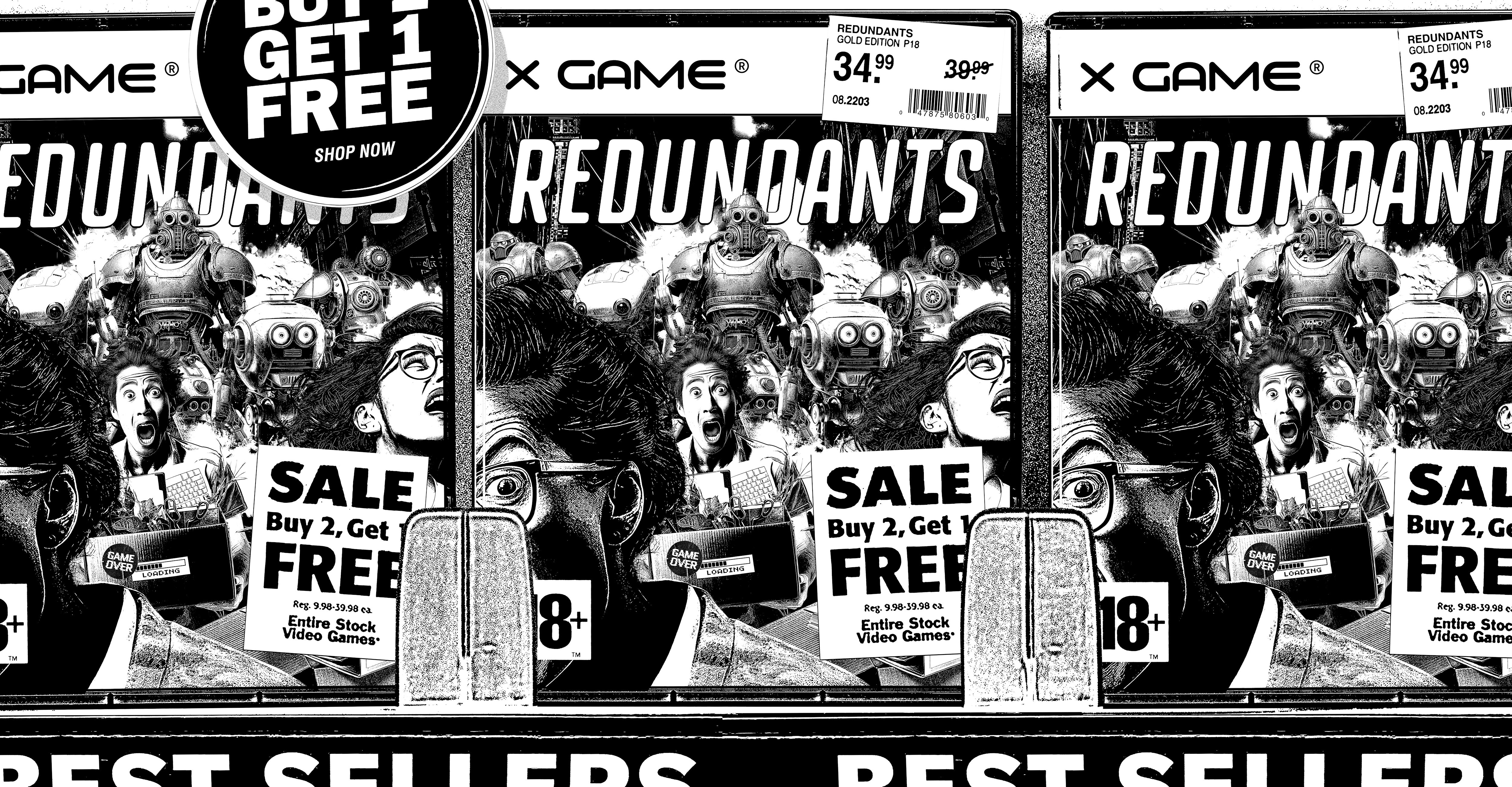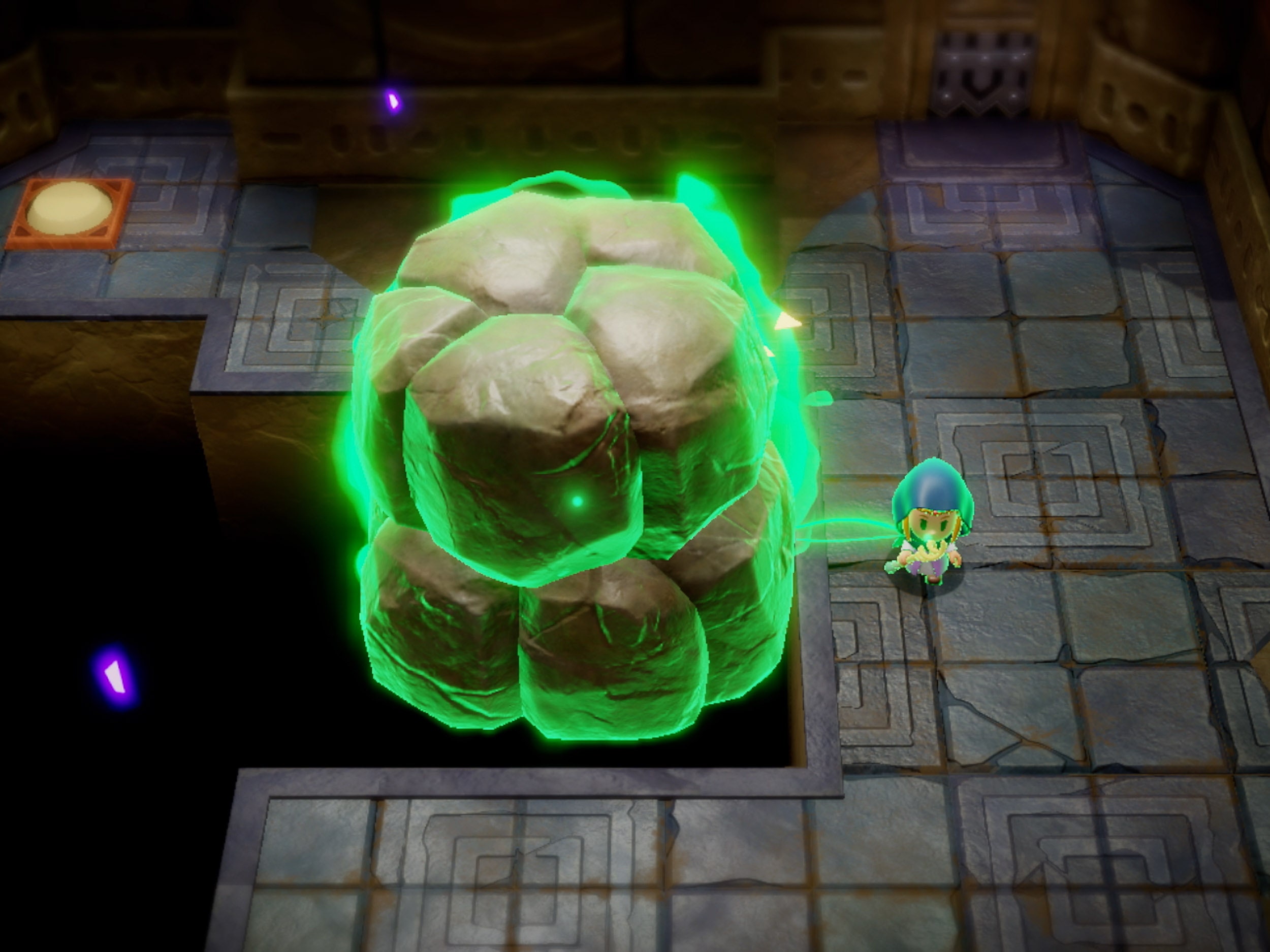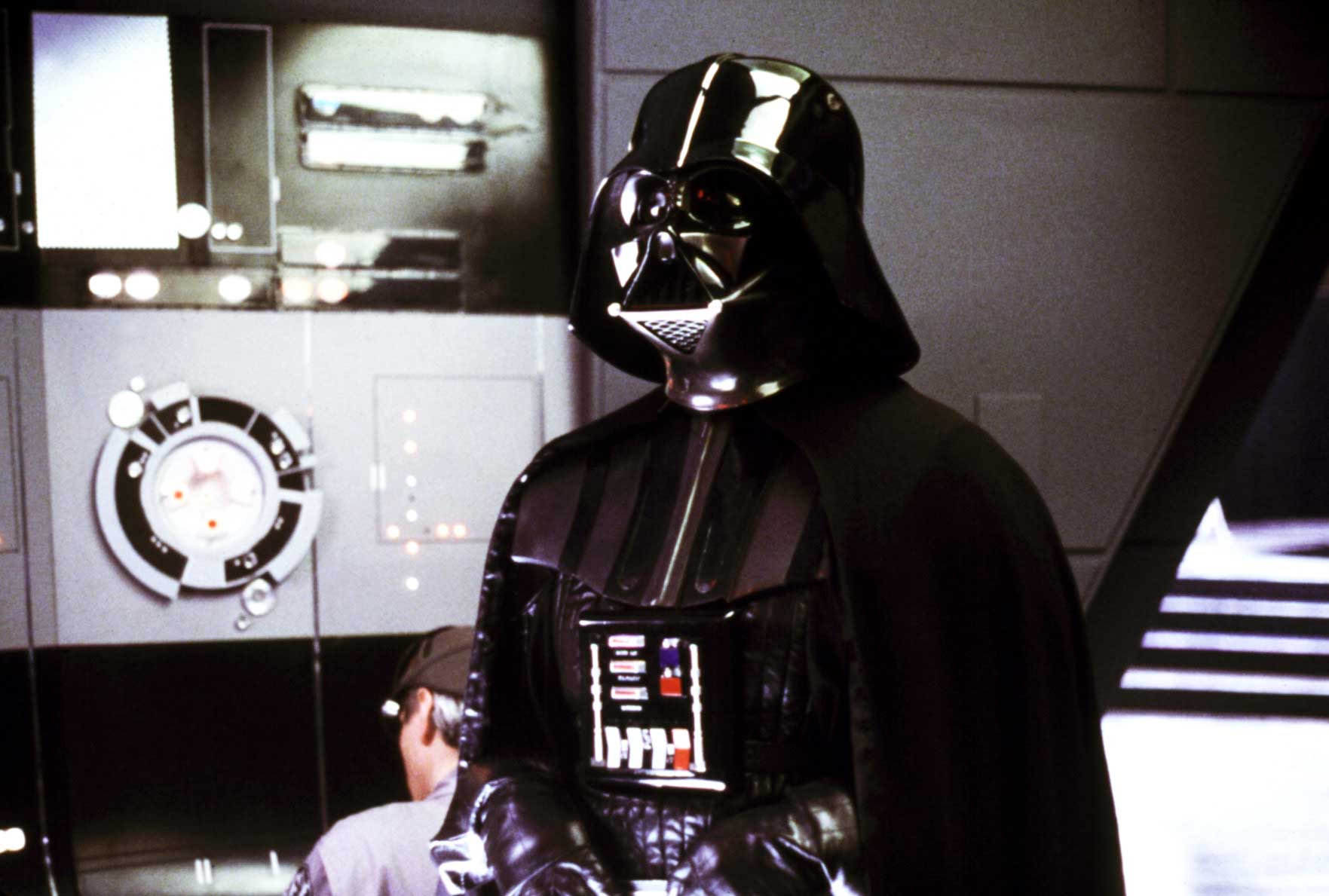Twitch’s New DJ Program Has Flaws, But It’s the Best There Is
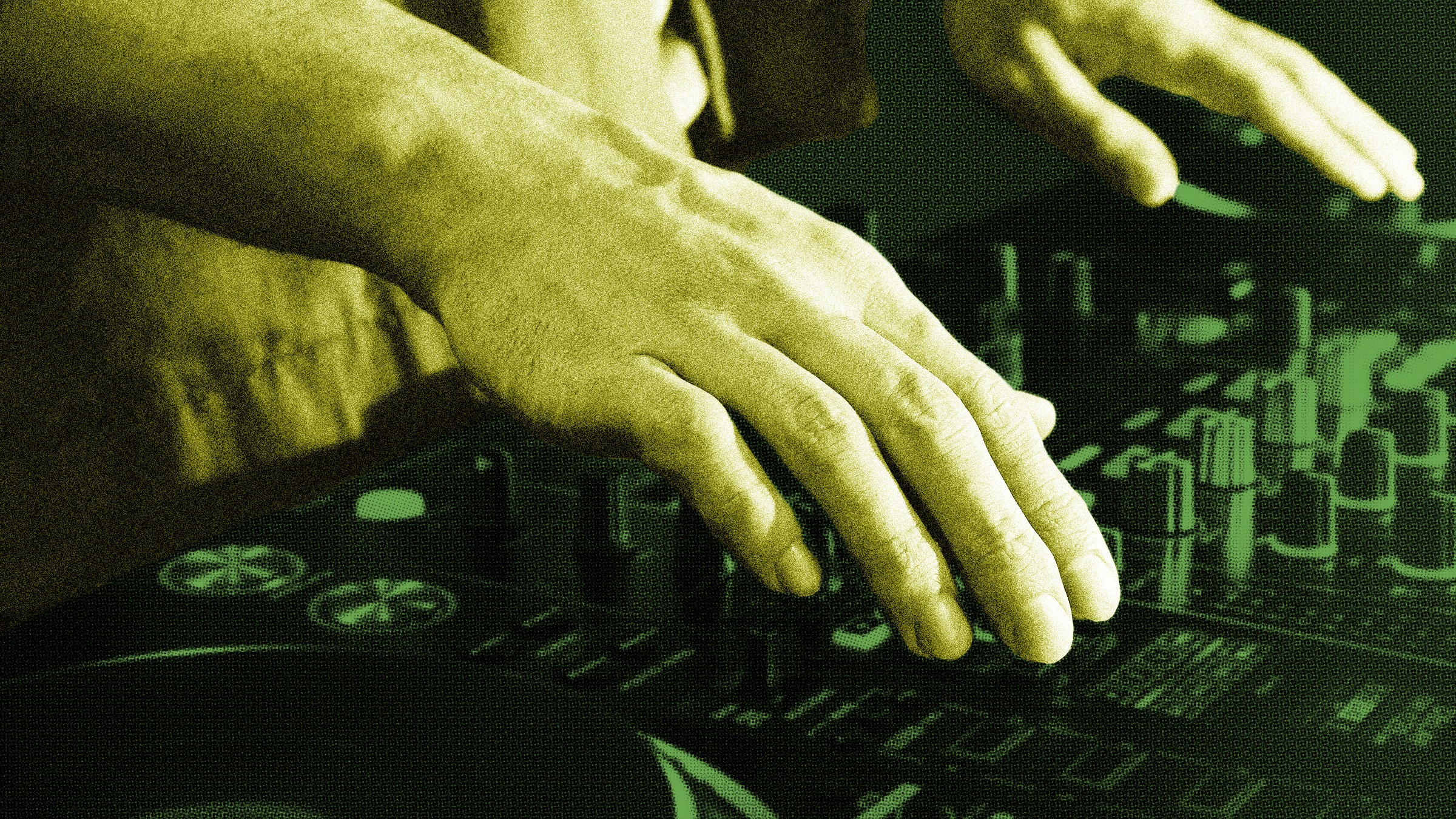
DJs finally have a safe place to stream on Twitch. One that promises an end to the DMCA takedowns, muted streams, and bans that have plagued anyone who wants to play music online for years. What it doesn’t guarantee, though, is a fix to all of the financial and legal issues that have accompanied music streaming for decades.
Twitch’s DJ Program works like this: Those looking to stream and monetize their sets sign up for the service and then put on shows from a catalog of preapproved songs. They can’t use all of the promotional features that game streamers can access, like clips and replays, but they can become a part of a new DJ category, which Twitch is promising to promote to its 35 million daily users. Each performer will earn money from their streams, but they now also have to cover the royalties that go to the artists whose music they play.
Twitch CEO Dan Clancy says he’s “proud to have closed a first-of-its-kind agreement with rights holders that makes it possible for DJs to stream music and for musicians to be compensated.” The program also helps DJs, who have largely operated on the outskirts of the platform, get the kind of audience numbers enjoyed by their gaming counterparts.
But the program’s potentially limiting catalog and opaque plans for revenue for DJs—a big draw to the platform over rivals like TikTok or YouTube—have left some wondering whether the livestreaming giant has really developed a sustainable place for them.
Just how much money performers would make was easily the biggest question hanging over the DJ program prior to launch. “Twitch deducts a fixed percentage on a monthly basis to pay to rights holders for the benefit of the musicians whose music is played. These costs are deducted from total channel revenue and then paid out according to that streamer’s revenue sharing agreement with Twitch,” Clancy says.
Twitch also promised to help DJs adjust to this new structure by subsidizing these copyright costs via a one-year “on-ramp.” DJs who enroll in August will see in their September earnings a subsidy that represents 100 percent of the music costs they will bear once the one-year subsidy program ends. The on-ramp begins today, and not when a DJ signs up. If a DJ signs up in February next year, they will receive only six months of assistance with fees.
Effectively, this means DJs will have to wait until they’re paid to see the impact of the new costs. Twitch will pay copyright holders directly, and independent artists can sign up to the Merlin licensing platform. For DJs that want to monetize their own music played during a stream, that’s a further 1.5 percent commission to Merlin if they want to be eligible for any Twitch licensing payout.
Twitch will cover all licensing costs for DJs that currently don’t monetize their streams. But even before the new program started, making a living DJing on Twitch, where streamers are paid based on standard revenue splits, was hard.
Australia-based DJ Brisk has more than 33,000 followers on the platform and says he puts in about 70 to 90 hours a month there. After hearing about the DJ program he wrote a blog post outlining his concerns. In it, he also broke down just how little he had been taking home after Twitch took its cut and all fees and taxes were paid. By his estimation, he was getting only about 11 percent of his total earnings. That’ll increase now that he’s reached the next tier of payment splits (60/40), but the costs of the DJ program will reduce that bump by an unknown amount.
Brisk says he’s currently signed up, as the first month is free thanks to the subsidies, but he’s still concerned the fees might become a burden. “That being the case, I will be opting out, as it’s simply not sustainable. But for now, I am trialing it,” he says. His first stream under the program on Thursday reached more than 12,000 simultaneous viewers—a vastly higher number than normal, a demonstration of the benefits of front-page placement.
The mention of a catalog of approved music has also caused consternation. “Having to preplan a tracklist before? I’m not going to do that. I’ll just stream elsewhere. Or I may as well just carry on [regular] Twitch and just see what happens,” one professional DJ who asked to remain anonymous for fear of retribution on Twitch told WIRED. If someone plays music that isn’t licensed via Merlin, they still risk getting slapped with copyright claims even if they’re part of the DJ program.
As for DJs who make their own unofficial edits or remixes—a very common practice, and a large part of modern DJing—there’s still a risk of takedowns even if they sign up for the program and pay the extra fees, according to Twitch’s FAQ. If that type of music makes up a large part of a DJ’s setlist, the benefits of the program become much less clear. Twitch has yet to reveal how nonapproved songs would be detected.
Lee “NodCat” Harris is new to the platform, but has already found a welcoming community of peers, some of whom were given different information than what Twitch has publicly shared. “There was a webinar that took place maybe a couple of weeks ago, and people were concerned about [the catalog],” Harris says. He wasn’t in the seminar, but says DJs are worried about what will happen if they play music that’s outside the preapproved library. Twitch didn’t respond when WIRED asked about this.
The catalog and new fees present less obvious issues, too. Darryl “DJ D-Man” East started streaming on Facebook Live but moved to Twitch on a friend’s recommendation. Impressed by the community, he started running DJ “marathon” fundraisers for breast cancer research. “We went 24 hours for the weekend. We raised $23,000, something like that,” he says. Under the new program, the earnings should remain unaffected, thanks to Twitch’s charity tools that guarantee all donations go to the cause. But the need to precheck every song that would be played could create hurdles that may make future fundraisers more complicated. “That’s the part I want a little more explanation on,” East says.
Other restrictions such as the lack of VODs (videos-on-demand/replays) or other promotional tools like clips are factors DJs need to consider. Many performers already don’t use the VOD service, to avoid potential strikes, but for some it’s another way to engage fans who can’t watch live. Twitch has confirmed that VODs are not covered by the existing licensing agreement, but the company claims it’s exploring other promotional tools. DJs who also host nonmusic streams are simply being told to run dual accounts with only one enrolled in the program.
Despite these drawbacks, every DJ whom WIRED spoke with agreed that operating in a copyright gray area wasn’t good for anyone. Most also understood that Twitch, which is owned by Amazon, has obligations to rights holders. Clancy suggested as much in a blog post announcing the program. “It’s crucial that DJs understand the status quo on Twitch was not sustainable,” he wrote, “and any viable future for the community required we find a solution.”
Solutions are what Twitch seems to be needing most these days. The company, you may have heard, is not making money. User growth seems to have stagnated, while revenue growth has slowed, according to documents recently reviewed by the Wall Street Journal. In January, it announced it was laying off 500 employees (approximately a third of total staff), a move that followed a purge of more than 400 people in March last year.
According to Twitch, there are currently “tens of thousands” of DJs on the platform. This means, at best, DJs currently account for approximately 1 percent of active streamers—so attracting more to the platform is unlikely to be a panacea. But it is a growth area, fueled in large part by a wave of performers who joined during the pandemic, that the company clearly deems worth investing in.
In terms of competition, Twitch doesn’t face much. Harris says he tried Mixcloud, but felt there was a lot of “bot” activity in the streams and the revenue split wasn’t favorable. TikTok and most other mainstream social media platforms suffer at least some combination of takedowns and demonetization for playing unlicensed songs. Kick, a direct Twitch rival, offers a far more favorable earnings split—95 percent going to the performer—but if Twitch can’t make money with its bigger cut, it raises questions over whether that ratio is sustainable.
DJs, for their part, appear to welcome Twitch’s commitment to them, with most concerns directly proportional to their investment in the platform so far.
“I haven’t got a lot to lose, to be honest, so I’m just seeing where it takes me,” Harris says.
“Twitch is my main source of income,” says Colaway, a DJ who streams about 35 hours per week. “The supply of DJs on Twitch has grown extremely, so the likelihood of new DJs streaming full-time is very unlikely.” She added that she believed the program was still a step in the right direction and that she would be signing up.
As for East, he says: “I plan on hopping onboard as soon as it goes live, just so that I’m in the game, and getting the feel of what’s happening.”
“If I’m the guinea pig at that point, I’m the guinea pig,” East adds. “And I’ll take my lumps and bumps and hopefully keep on moving. The journey for me on Twitch has been amazing. It’s really the community that cements that.”
Ultimately, Twitch has the best shot at making this work, if DJs can tolerate the inconveniences that going legitimate requires. As the embattled music industry pats down the pockets of the people who promote its artists, Twitch seems as well positioned as any platform to offer a resolution.

